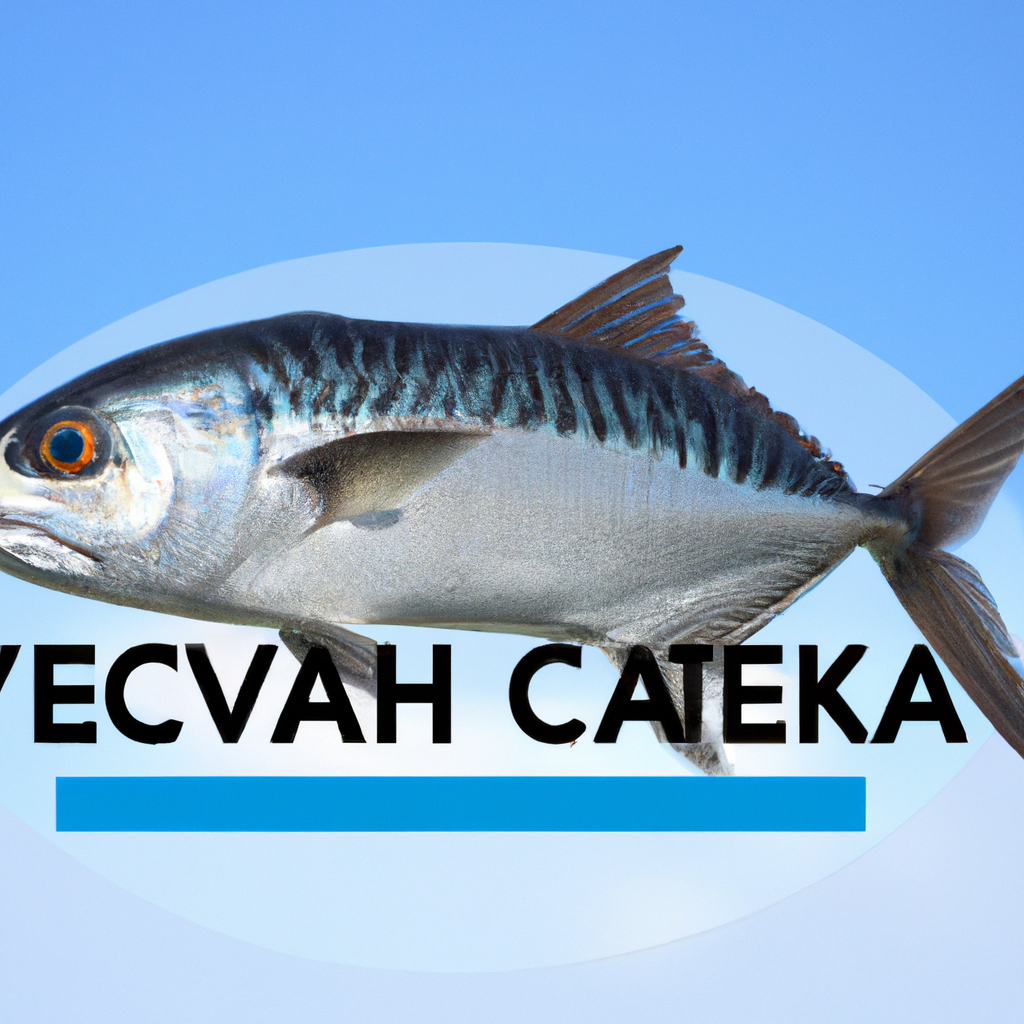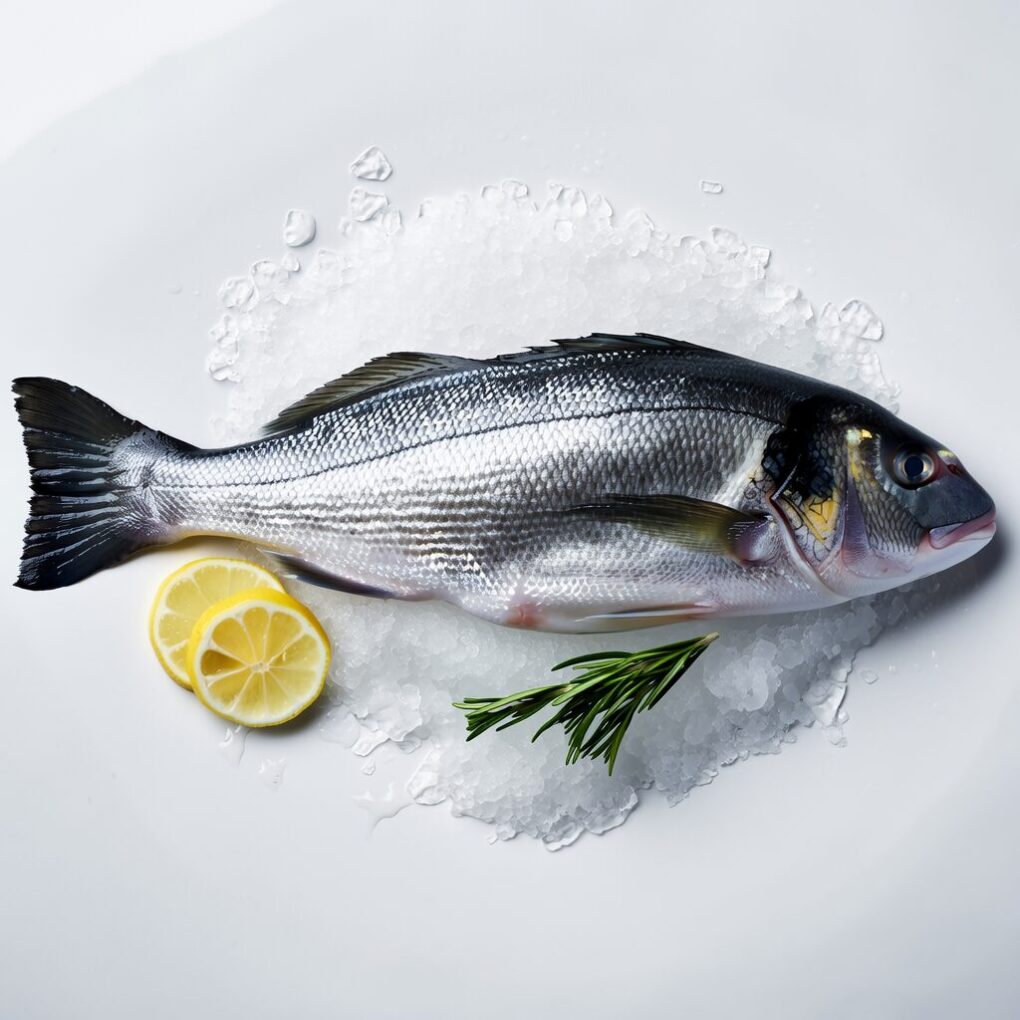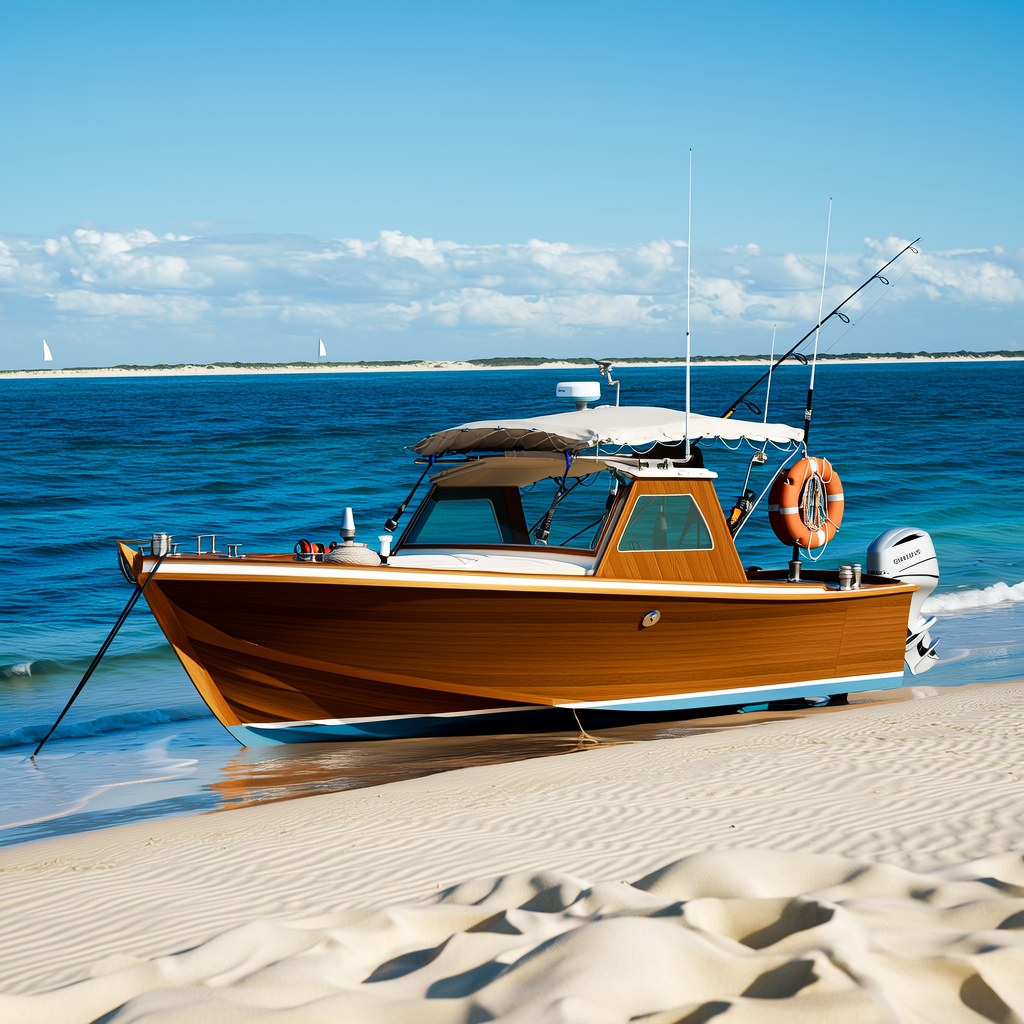Escolar fishing has become a favorite activity for anglers all over the world. Escolars are popular among anglers because of their tasty flesh and large size. It is important to know how to catch and handle these fish safely.
What are Escolars?
Escolars, a large deep-sea species, can be found in tropical or subtropical water. The oily flesh is what gives these fish their distinctive flavor. Some of these fish can reach 6 feet long and weigh over 200 pounds.
Catching Escolars
Escolar fishing can be both fun and challenging. This fish is usually found in deep water, so you may need specialized equipment like deep-sea fishing reels and heavy-duty line. Baits can vary depending on location and season, but jigs and live or cut squid are usually effective.
Careful Handling
It is important to treat an escolar with care once it has been caught. These fish are heavy and tend to flop about, so it is important to use proper handling techniques to avoid injury to the fish or angler. A landing net or glove will help you remove the fish safely from the water, and reduce the stress on the fish.
Removing the Hook
It is important to remove the hook gently to avoid damaging the fishes mouth or throat. If the hook is embedded deeply, it may be necessary for you to cut the line to remove the hook later. This will prevent unnecessary harm to the fish.
Killing the Fish
Escolars can be a prized catch but it’s important to kill them humanely so that the meat will be safe to eat. Some anglers use a blow to the head in order to kill the fish quickly, while others choose to bleed it by severing the gills.
Escolars: How to store and clean them
It is important to store and clean an escolar properly after it has been caught. This will ensure that the fish can be consumed safely. Escolars are oily fish that can spoil if they are not stored properly. It is therefore important to cool and clean the fish as quickly as possible after it’s been caught.
Gutting the fish
It is important to gut the fish before cleaning it. This will remove any internal organs which could spoil and contaminate its meat. Make an incision with a sharp knife from the fish’s anus to the gills. Be careful not to puncture the stomach or any organs. Remove the organs, and throw them away. Be sure to thoroughly wash your hands as well as the knife.
Cleaning and Storing
After the fish is gutted, the meat must be cleaned and stored. Rinse thoroughly the fish in cold water, removing any blood or contaminants. Pat dry with a clean towel. Store the fish in a cool and dry place on ice until you are ready to cook it.
Cooking Escolars
Escolars can be prepared a number of different ways. They are versatile and delicious. Escolars are usually grilled, broiled or pan-fried and can be seasoned to enhance their natural taste. To avoid food poisoning, it is important to cook escolars properly.
Avoiding the dangers of escolar consumption
Escolars are linked to food poisoning cases due to high levels of wax esters found in their flesh. These esters may cause gastrointestinal problems such as nausea, diarrhea, and abdominal pain in some people. By following proper handling, cooking, and preparation techniques, the risk for illness can be drastically reduced.
Sustainability: It’s Important
It is important, as with all fishing activities to practice sustainability when escolars are the target. These fish are slow-growing and long-lived. They are also sensitive to overfishing. This makes them a vulnerable species. By using responsible fishing techniques, such as catch-and-release and conservation-minded practices, anglers will help ensure that escolars are a healthy resource for future generations.
Conclusion
Escolar fishing is a rewarding and challenging activity for anglers at all levels. These fish can be eaten safely and as a tasty meal with the right preparation and handling techniques. By adopting conservation-minded practices and practicing sustainability, we can ensure that escolars are a healthy resource for many years to come. Always treat these majestic fishes with respect and care in order to ensure their continued survival and enjoyment by future generations.




